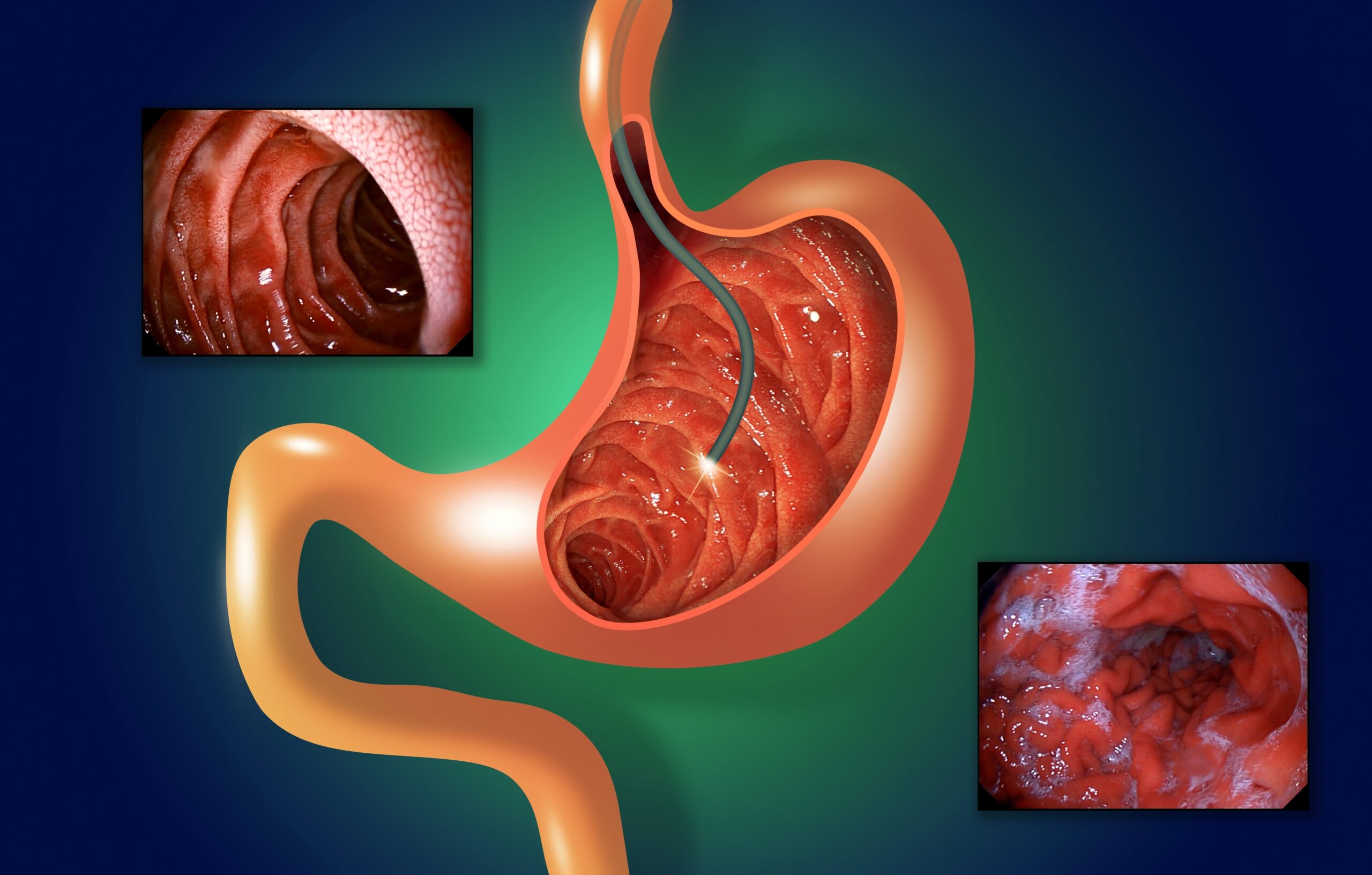
Editor's Note A needle-based technique that blocks sensory and motor function below the chest without intubation or general anesthesia makes surgery safer for pediatric patients, according to a July 15 report in Michigan Medicine. The University of Michigan's pediatric spinal anesthesia program, also implemented at University of Michigan-Sparrow Health Center,…

Editor's Note Higher doses of anesthesia did not affect risk of postoperative delirium in a study of more than 1,000 heart surgery patients, according to a June 10 United Press International (UPI) article on study findings published in JAMA. The research included 1,140 heart surgery patients, half of whom had…

Editor's Note In a first for Northwestern Medicine, surgeons performed a kidney transplant on an awake patient, CBS News reported June 24. John Nicholas, 28, of Chicago, experienced no pain during the May 24 procedure, in which he received an organ from a childhood friend. He was discharged the next…

Gastrointestinal (GI) endoscopy is one of the most common procedures in the US. Performed more than 17.1 million times per year in inpatient and outpatient hospital settings as well as ambulatory surgery centers (ASCs), GI procedures account for 68% of all endoscopies, according to a May 2022 article in Digestive…

Editor's Note The advance of ketamine and other anesthetics as depression treatments is spurring collaboration among anesthesiologists and psychiatrists for further advances in mental health treatment, according to an article in the June issue of Anesthesiology, the peer-reviewed journal of the American Society of Anesthesiologists. As the established experts in…

Editor's Note The US Food & Drug Administration (FDA) has announced Class 1 recalls—the most severe category, indicating risk of serious injury or death—for three products: MEGA SOFT Pediatric Patient Return Electrodes from Megadyne, Vaporizer Sevoflurane Maquet Filling from Getinge; and Arrow FiberOptix Intra-Aortic Balloon Catheter Kit and Arrow UltraFlex…

Editor's Note Penn Medicine has made significant strides in reducing the environmental footprint of the OR through department- and team-level initiatives, according to a March 29 report in Penn Medicine news. Driven by CIRCE: Medicine, a faculty group consisting of providers from Penn Medicine and Children’s Hospital of Philadelphia, examples…

Editor's Note There are certain patients and clinical situations that may require anesthesiologists to say no to performing surgery in the outpatient/ambulatory setting, Anesthesiology News April 4 reports. At the 2023 annual meeting of the American Society of Anesthesiologists (ASA), BobbieJean Sweitzer, MD, a professor of medical education at the…

Editor's Note A recent study from the UK, the results of which were presented at the 6th annual World Congress on Regional Anaesthesia and Pain Medicine, shed light on patients' preferences and understandings regarding anesthesia options for outpatient orthopedic surgery, Anesthesiology News March 18 reports. It revealed a stronger expectation…

Editor's Note Popular weight-loss drugs like Ozempic and Mounjaro could lead to complications in surgical procedures, according to study published March 6 in the journal JAMA Surgery. The study focused on drugs known as glucagon-like peptide-1 receptor agonists (GLP-1 RAs) which are used to treat diabetes and obesity. The drugs, which…